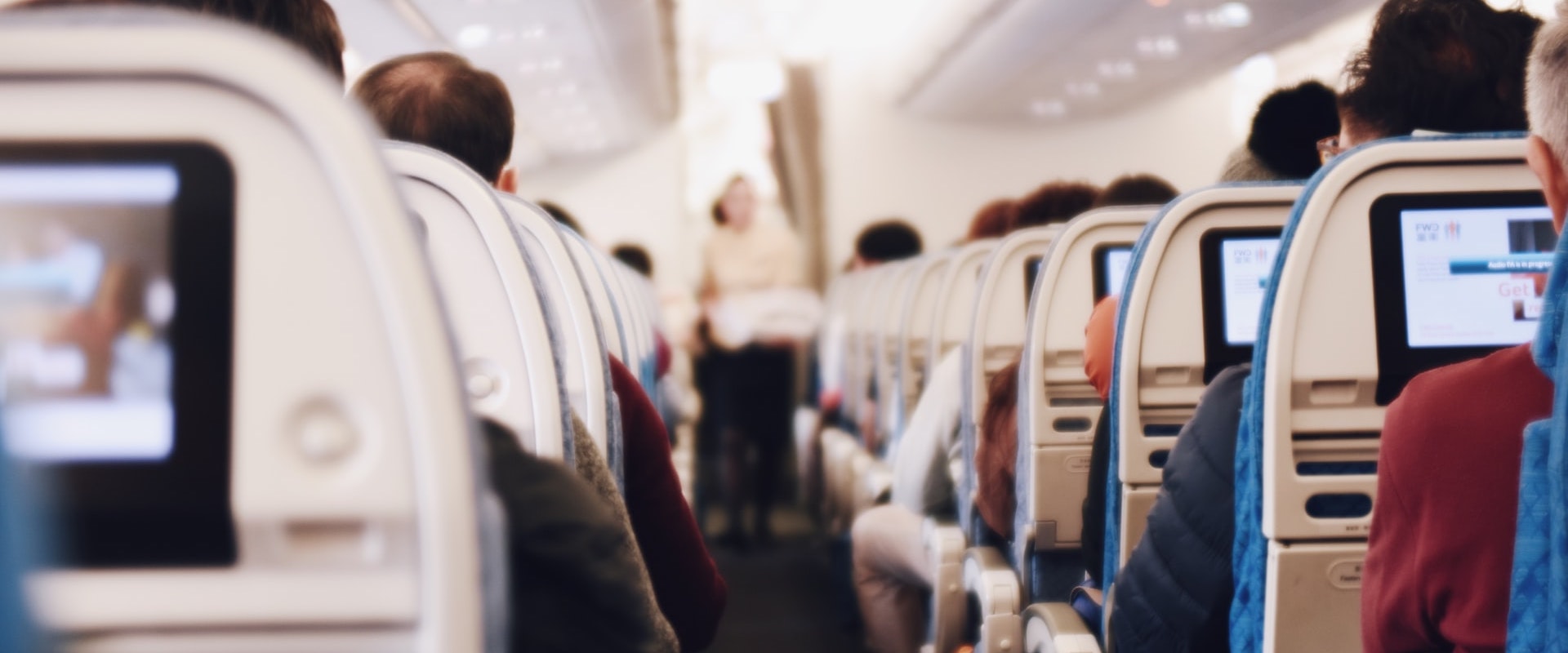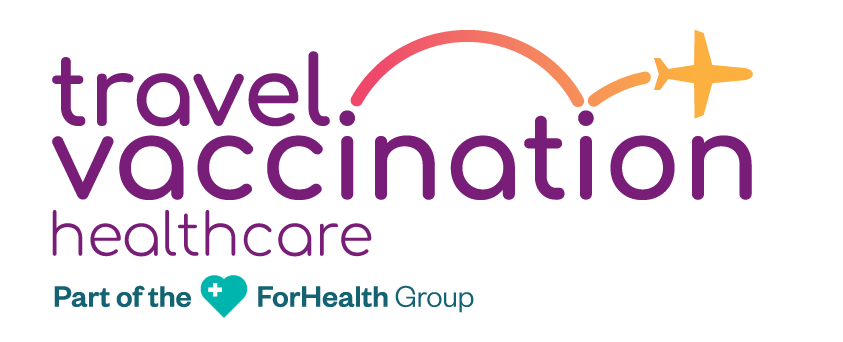This is a condition where clots of blood form in the deep veins of the calves. These clots can then spread to the lungs, which may be fatal. The risk is predominantly on long- sector flights (eg. Melbourne-London).
Despite the low risk of DVT for most individuals, there has been much media interest in this disorder. Although it has been dubbed “Economy-class Syndrome” there is no scientific evidence indicating that it is related to seating position.
Who is at risk?
The risk of clots forming occurs when blood pools in the calves of travellers who are immobile and dehydrated and who sit for extended periods of time (hours) in cramped conditions with low air humidity.
Risk may be increased in the following: history of DVT, recent surgery or injury especially to lower limbs or abdomen, blood disorders leading to increased clotting tendency, estrogen hormone therapy, including the oral contraceptive, pregnancy, tobacco smoking, former or current malignant disease, obesity, heart failure, varicose veins. The incidence of problems is greater in the older traveller.
How to decrease the chance of developing DVT
- Short-sector flights, and long-sector flights with overnight stopovers are considered low-risk
- Wear loose, comfortable clothing
- Avoid sleeping tablets if possible as these further reduce body movements
- Make sure you wiggle your toes at least every 15 min and have a stroll every hour; airlines generally publish in-flight exercise programs in their magazines
- Do not consume excessive amounts of tea, coffee or alcohol
- Drink plenty of water or fruit juice: in excess of 1 litre during a 10 hour flight
- If you think you may be a higher risk individual (see above) seek medical advice before flying.

